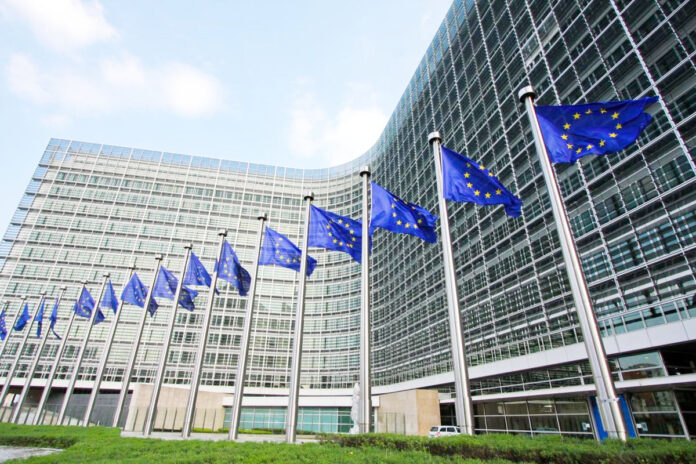NEW DELHI, June 20
Europe’s rigorous sustainability rules appear set to take toll on India’s exports.
Come January 2026, exporters to the European Union (EU) will see an increased compliance burden as the 27-member bloc has mandated that eight key products entering the member countries must carry detailed information from that date, to prove they are “sustainable.”
Exporters of iron and steel, aluminium, textiles, furniture, mattresses, tyres, detergents, paints and lubricants will need to include QR code or barcode accessible information to show that their products meet the prescribed European sustainability standards.
The EU will start enforcing these standards –Ecodesign for Sustainable Products Regulation (ESPR) – draft of which were notified in November 2022, as part of a revision of 2009 regime, from January 2026 on these products. By 2030 all products will be brought under the regulations.
The ESPR could hurt exports from developing countries due to the increased costs and challenges of meeting high EU standards and compliance costs, founder of Global Trade Research Initiative (GTRI) Ajay Srivastava said.
Like Carbon Border Adjustment Mechanism (CBAM) and other measures taken by the EU to reduce its carbon emissions, ESPR will be difficult to challenge at any international fora as it would equally apply to local companies and are thus non-discriminatory.
Indian exports are already struggling with the EU’s CBAM (to take effect from January 2026), deforestation, and supply chain regulations and ESPR puts another burden on exporters, Srivastava added. Deforestation regulations bans imports and exports of products linked to deforestation, ensuring commodities placed on the EU market are deforestation-free. Supply chain regulation which requires companies to be responsible for their supply chains and respect human rights and environmental standards.
The QR code or barcode in ESPR regulations will allow traceability back to the manufacturer, input suppliers and everyone in the chain and will provide detailed information on a product’s environmental impact, durability, and reparability.
With the ESPR in place, the EU will now publish numerous delegated acts specifying product-specific DPP requirements. The details will include requirements on product design, emphasising energy efficiency, durability, repairability, recyclability, and overall environmental impact of a product, according to GTRI.
To prepare for ESPR Indian companies should conduct life cycle assessments to evaluate the environmental impact of their products and create strategies to meet the ESPR requirements for affected product categories. They will also have to ensure that suppliers provide necessary sustainability data for the Digital Product Passports, GTRI said. The ESPR is part of the European Green Deal, which aims to make the EU carbon-neutral by 2050. The ESPR was proposed in March 2022, with a provisional agreement reached in December 2023. It was officially adopted by both the European Parliament and the Council in April and May 2024.
The EU has issued over 50 major legislative proposals and initiatives as part of the European Green Deal.



























